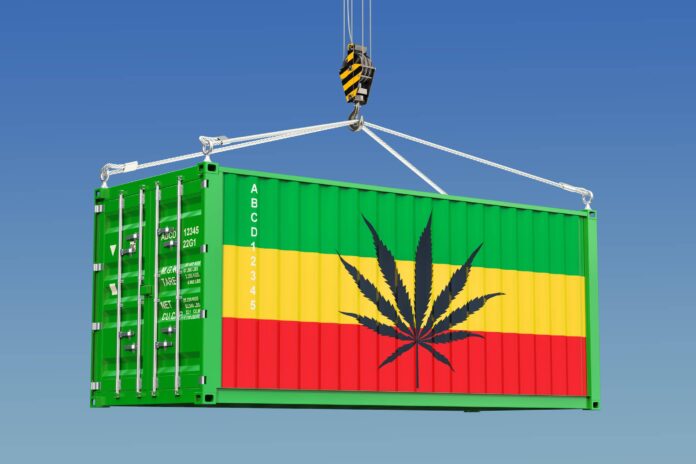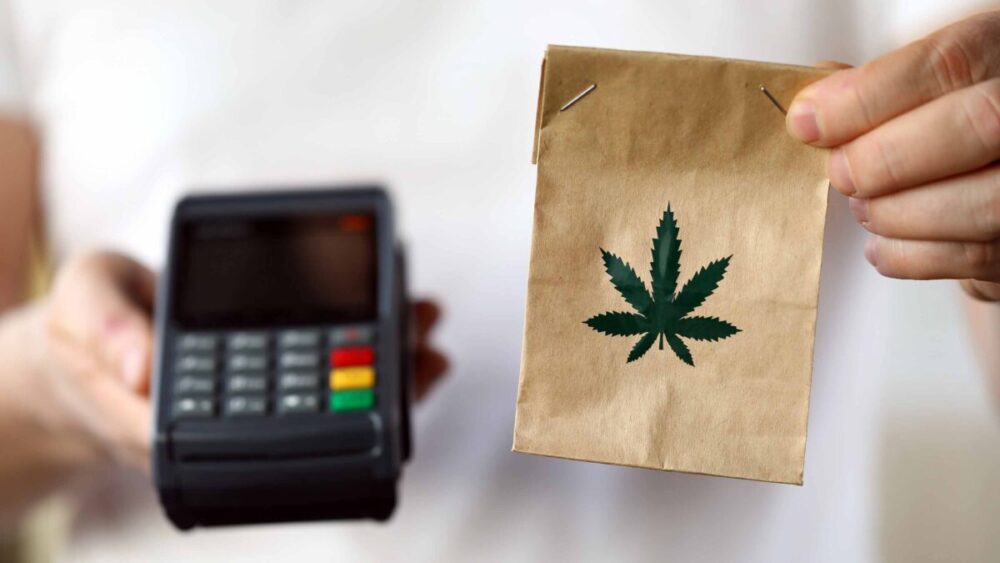
Exporting cannabis is an increasingly viable option for many companies in the burgeoning industry, but it’s necessary to be aware of the potential pitfalls that accompany international business dealings. With the right preparation and know-how, you may be able to legally export cannabis across borders without facing any legal repercussions. To do so successfully, it’s important to understand the different regulations and restrictions imposed on the global cannabis trade.
Understanding International Regulations

When exporting marijuana or related products, there are a number of requirements that must be met in order to remain compliant with both domestic and foreign laws. This includes adhering to import/export control measures, obtaining permits when necessary, as well as paying applicable taxes.
The legal landscape surrounding cannabis is constantly shifting due to divergent national policies concerning its use; while some countries have legalized recreational marijuana consumption (e.g., Germany), others maintain a strictly prohibited approach (e.g., China). Companies wishing to import cannabis to Germany should stay abreast of local regulations in any targeted foreign nations before engaging in cross-border transactions involving marijuana products.
In the US, since cannabis remains classified as a Schedule I drug under federal law exporters must abide by DEA rules Regulating drug trafficking if they seek to conduct business abroad. This involves registering with this agency’s Special Registration Program as well as completing additional forms such as applying for Export Declaration which needs a fee paid first.
Potential Obstacles When Shipping Cannabis Internationally

It’s essential to take into account the regulations set out by transportation agencies such as UPU (Universal Postal Union) when shipping marijuana across borders; packages containing possible drugs need to be correctly documented or they may not be accepted by overseas customs authorities at their eventual destination.
In addition, when dealing with clients from outside the country there is always a chance that certain countries will refuse imports based on moral objections, disregarding the legality of said goods. Knowing what is and isn’t acceptable in any given nation beforehand helps protect against potential hold-ups further down the line.
Local governments can also impose more controls over the handling of imported illegal substances, such as limiting the amount of possession and setting up specific tracking systems for drug shipments. Knowing the nation’s policy will help them remain compliant no matter where the product is going abroad.
Therefore, extra care should be taken when dealing with marijuana exports, even if they seem above board from an external perspective. Fully engaging in a business venture first by verifying documents and ensuring quality control checks are performed is advisable. Keeping excise taxes in mind at every stage also allows for maximizing profits over time.
Conclusion
Exporting cannabis is a complex task and requires a great deal of research and preparation. It’s important to stay up to date on the most recent laws, regulations, and compliance standards for the countries you are exporting to.
Additionally, it’s essential that you have a solid understanding of customs requirements in order to avoid delays or costly penalties. With careful planning and thorough research, exporting cannabis can open up exciting new opportunities for your business.








